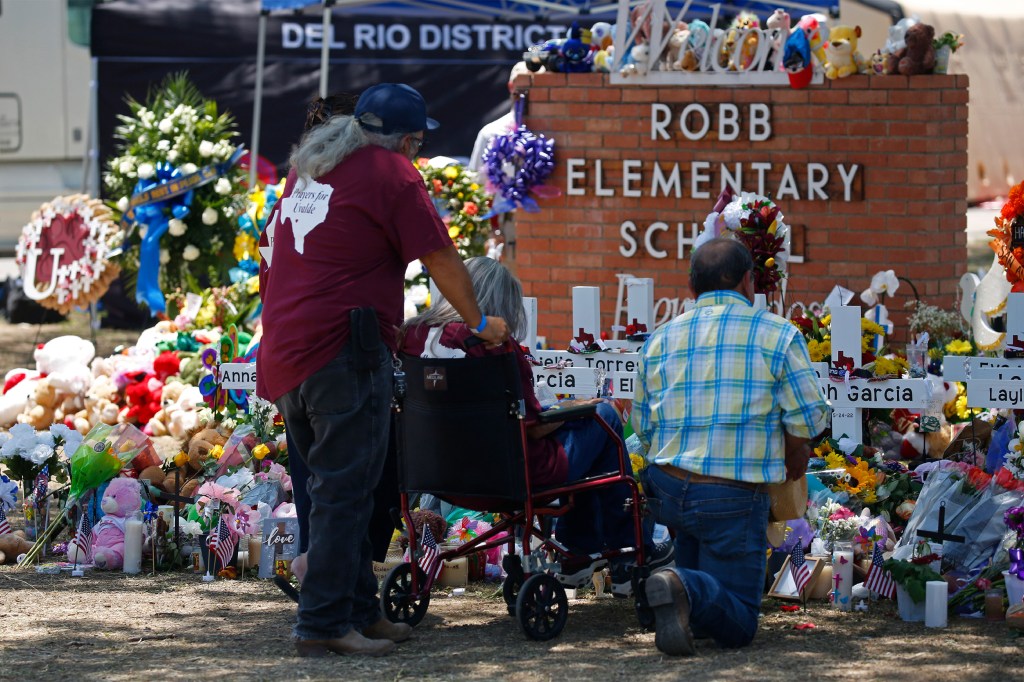Nation & World
-

U.S. needs to keep its friends closer, Pence says
First-term Trump VP: ‘If America isn’t leading the free world, the free world is not being led.’
-

‘Vibes or hunches’ don’t help win elections
Political analytics conference convenes experts on voter trends, election forecasting, behavioral research
-

U.S. just didn’t get China, Bolton says
Asian nation now main economic, military threat to Western democracies, according to former national security adviser
-
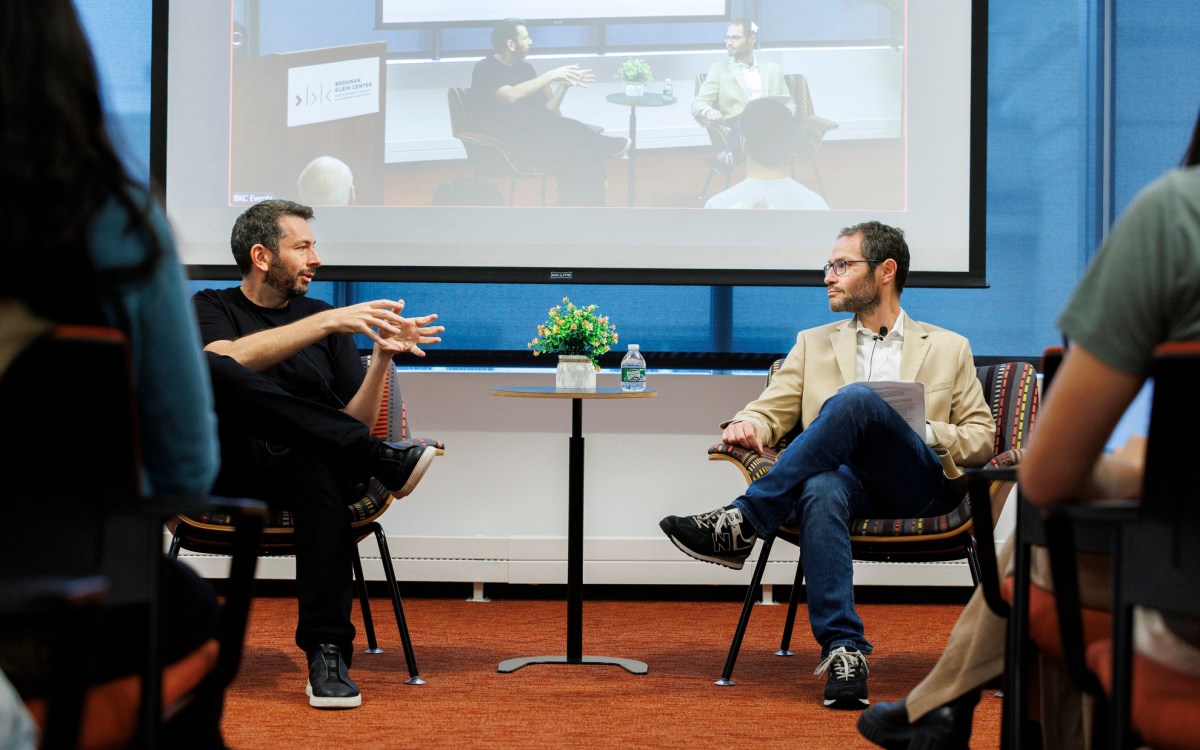
Artificial intelligence may not be artificial
Researcher traces evolution of computation power of human brains, parallels to AI, argues key to increasing complexity is cooperation
-
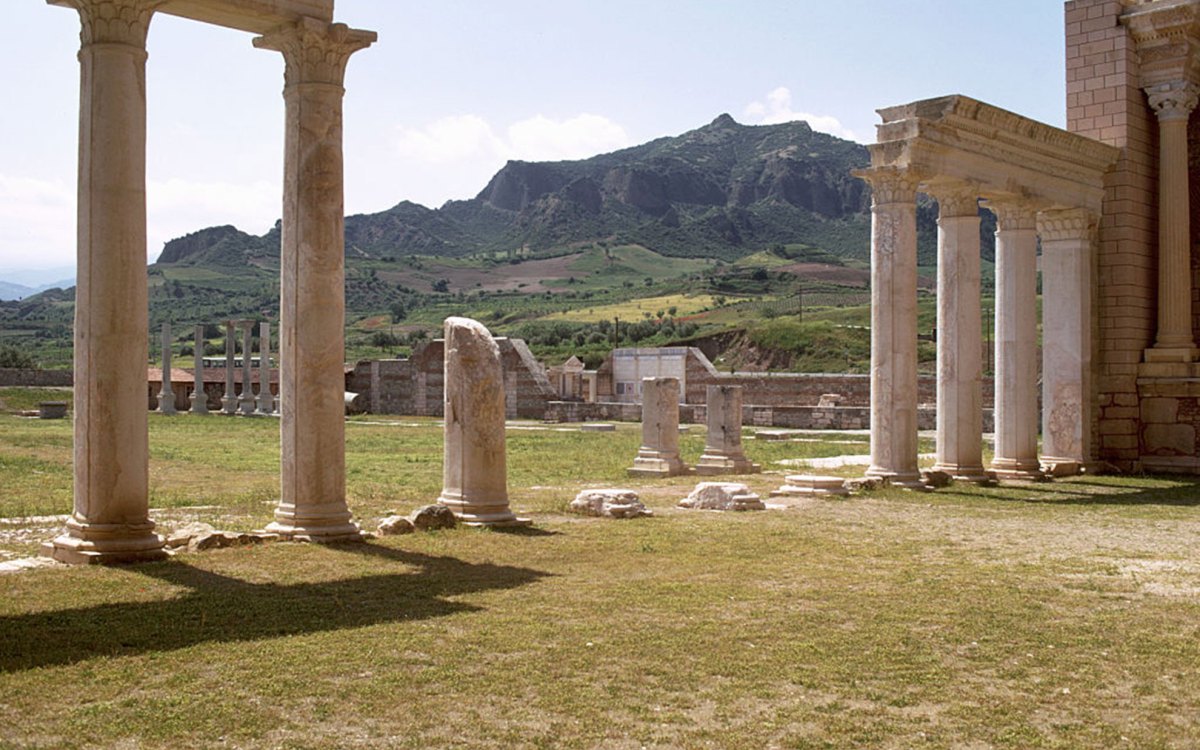
Sardis named a UNESCO World Heritage Site
Designation comes as Harvard’s decadeslong archaeological dig uncovers new secrets from remains of ancient Turkish city
-
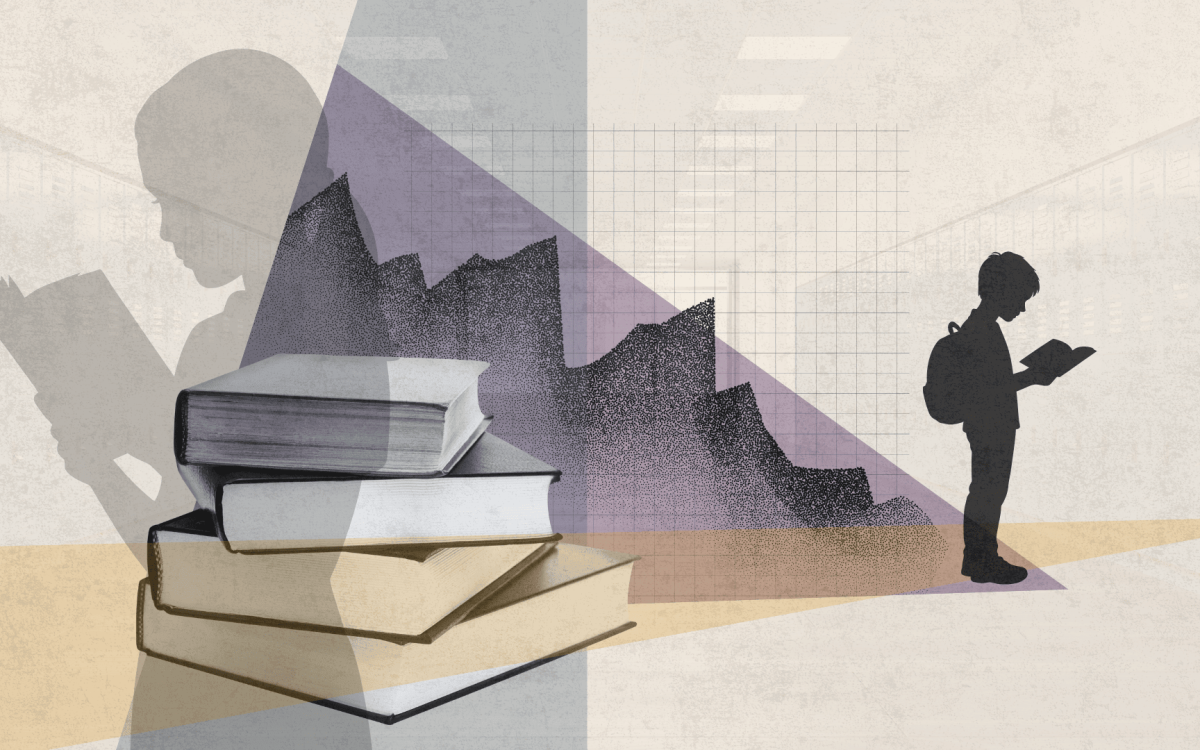
What’s driving decline in U.S. literacy rates?
In podcast, experts discuss why learning to love to read again may be key to reversing trend
-
‘Be unstoppable, be true to yourself, but be just’
Ukraine President Volodymyr Zelensky talks Russia strategy, nuclear threat, Ukrainian unity, leadership lessons at Kennedy School talk.
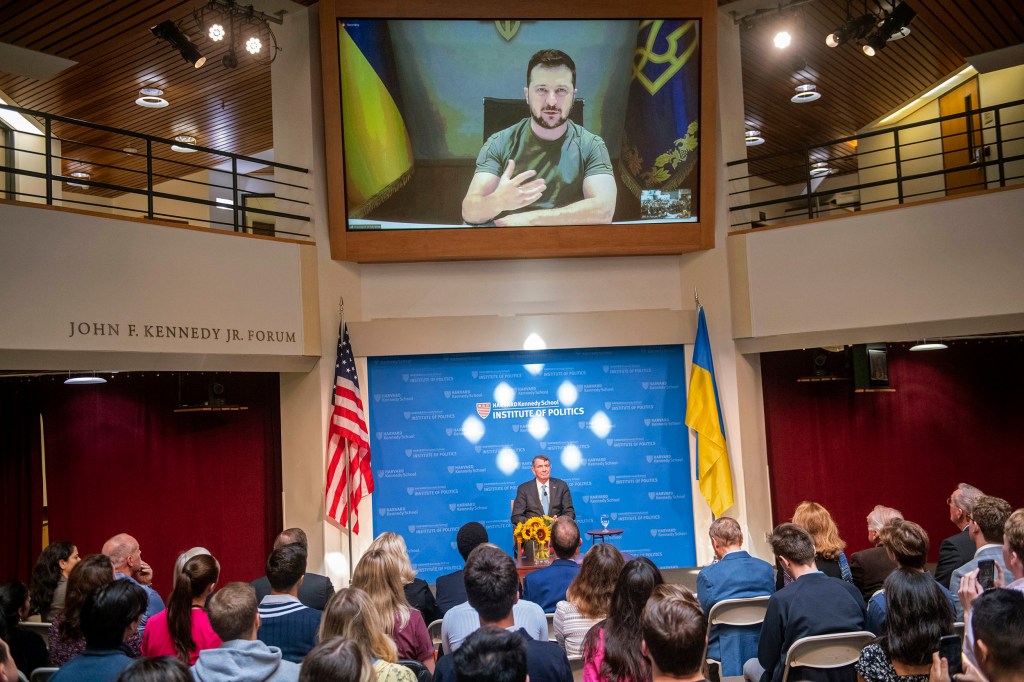
-
Does the world need COVID novels?
Too soon or an artistic imperative? Fiction writers reflect on the history, power, challenges of stories in which real life is a dominant character.
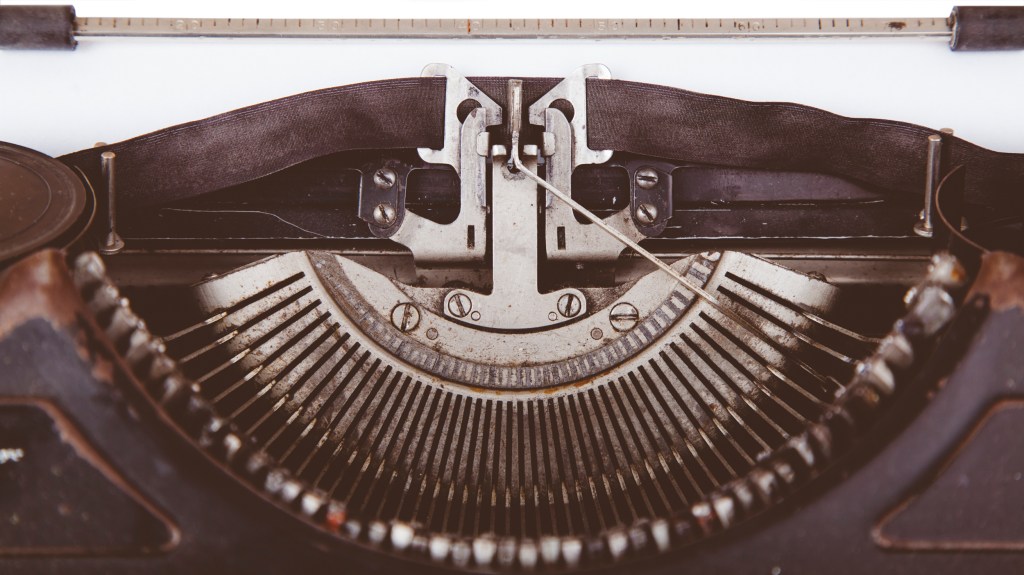
-
Was 6,000 B.C. a good vintage? Maybe in Georgia
Currently Italy, Spain, France, and the U.S. are the world’s biggest wine producers, but Georgia is the oldest and among the most storied.
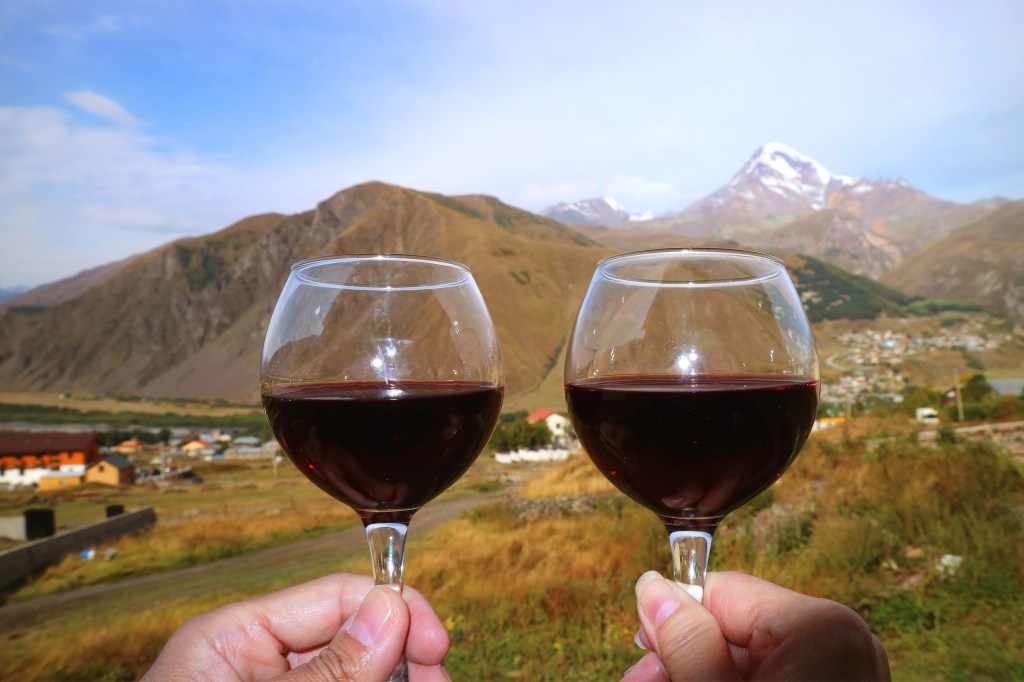
-
Surveying global damage rippling off Ukraine war
Croatian prime minister details spread of economic, political, humanitarian crises, continuing authoritarian threats.
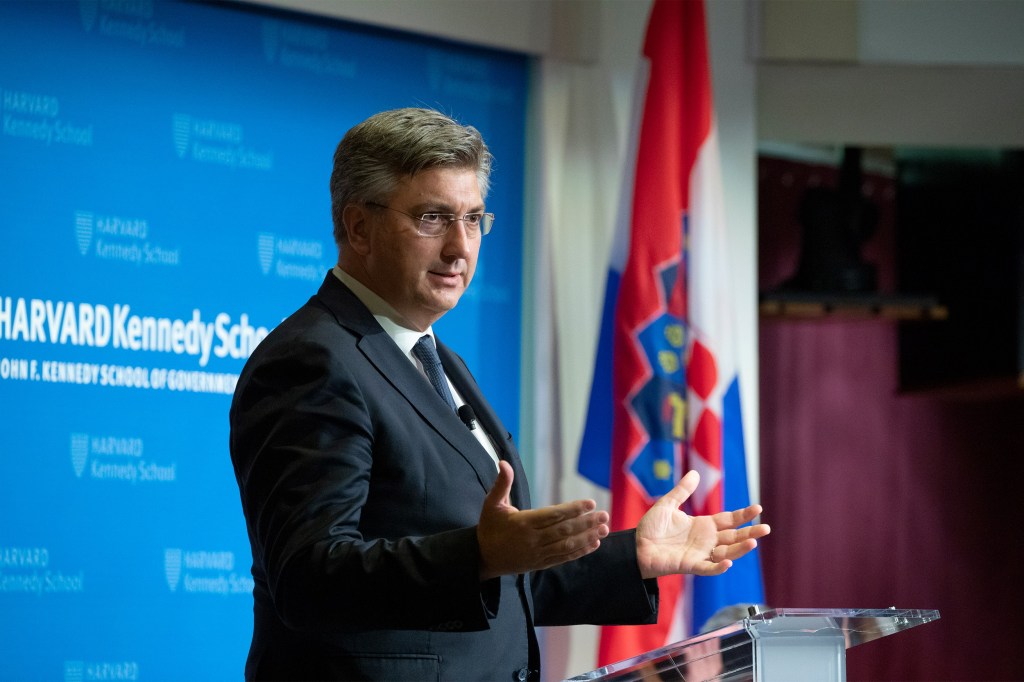
-
Is war in Ukraine at turning point?
Putin expert Philip Short discusses escalations of the war by Putin, and says negotiations will be tricky and fraught
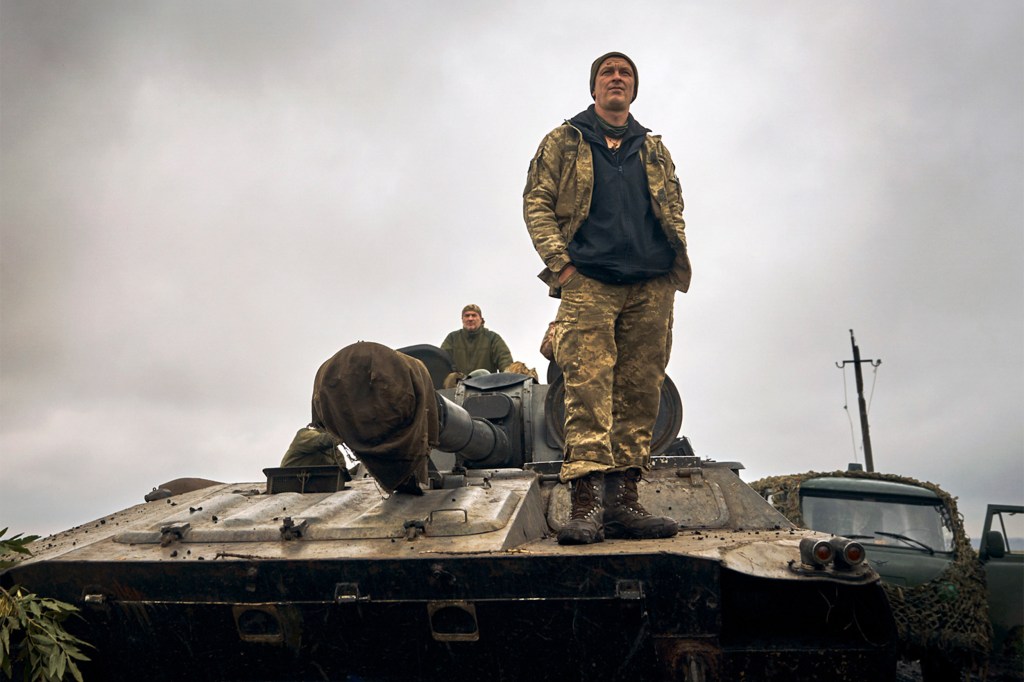
-
No, Jason Bourne is not the real CIA
Former officials, scholars say nation’s image comes from popular media, offer insights into actual mission, history as the CIA turns 75.
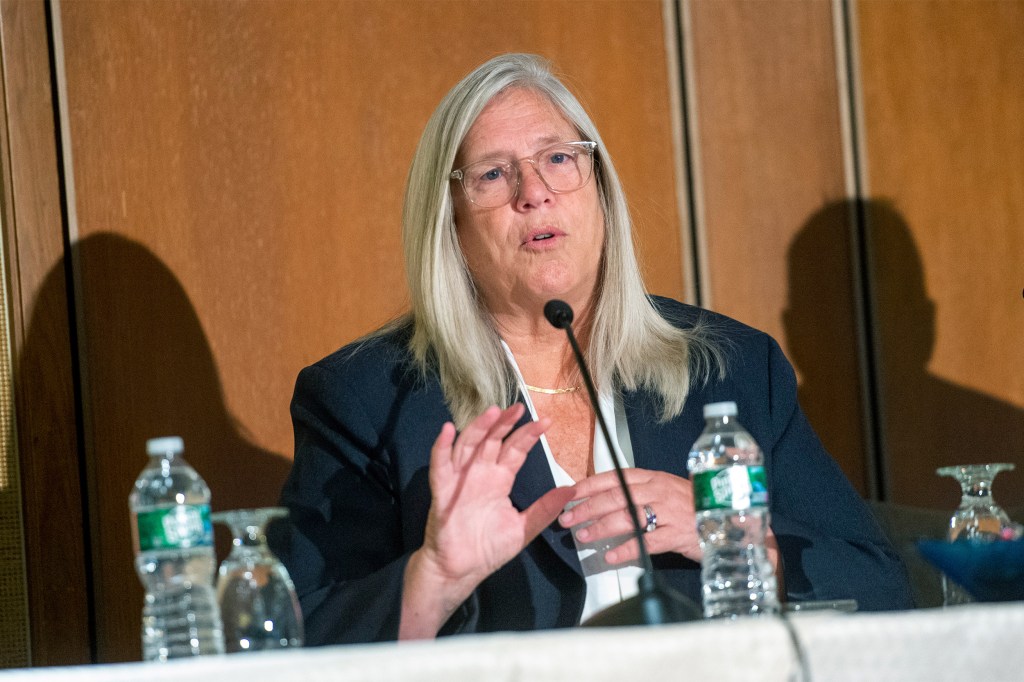
-
How white supremacy became part of nation’s fabric
Historian Donald Yacovone chronicles racist values, historical falsehoods woven through textbooks in his new book.
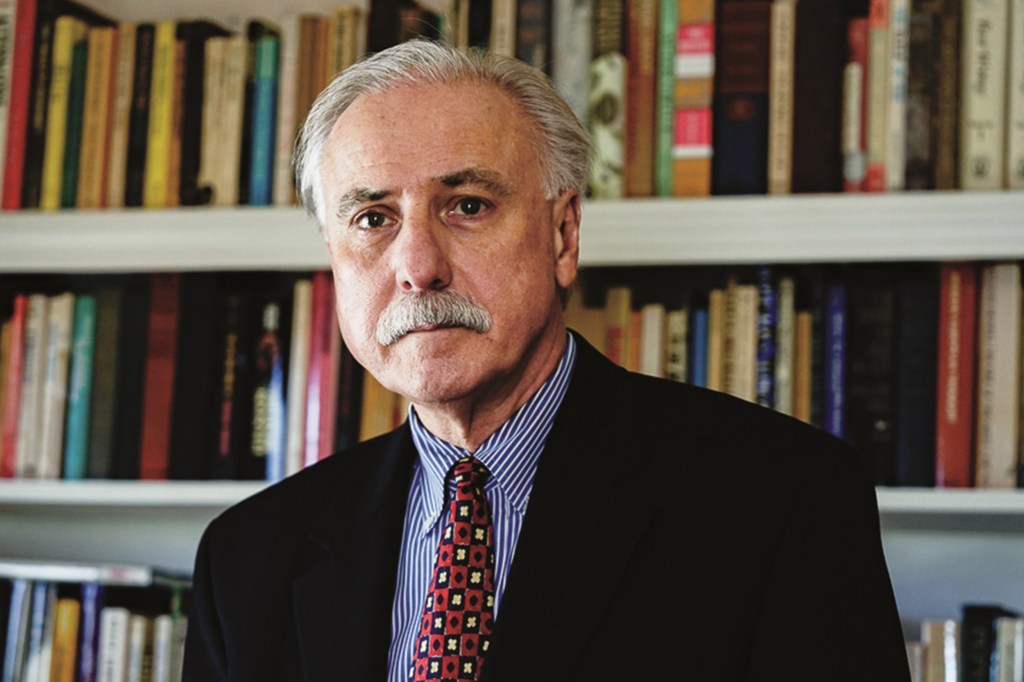
-
When pipe ritual helps more than talk therapy
Joseph Gone details research on integrating Native healing practices into clinical mental health services.
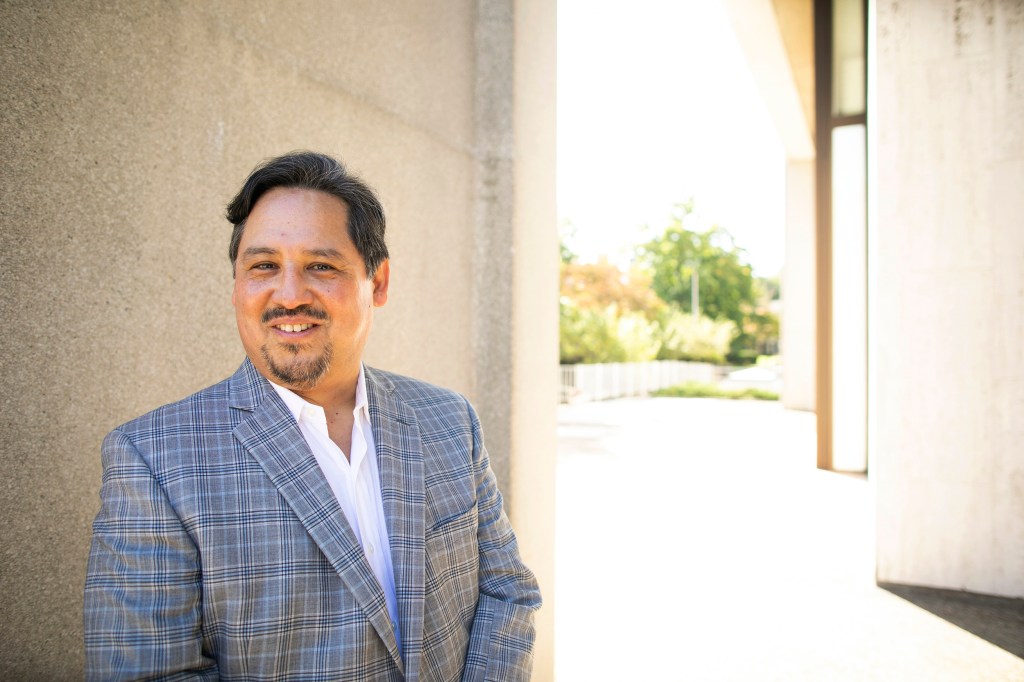
-
As alarming as test scores are, reality for U.S. students is probably worse
Professor Andrew Ho discusses growing inequality and how to help students recover ground lost during the pandemic.
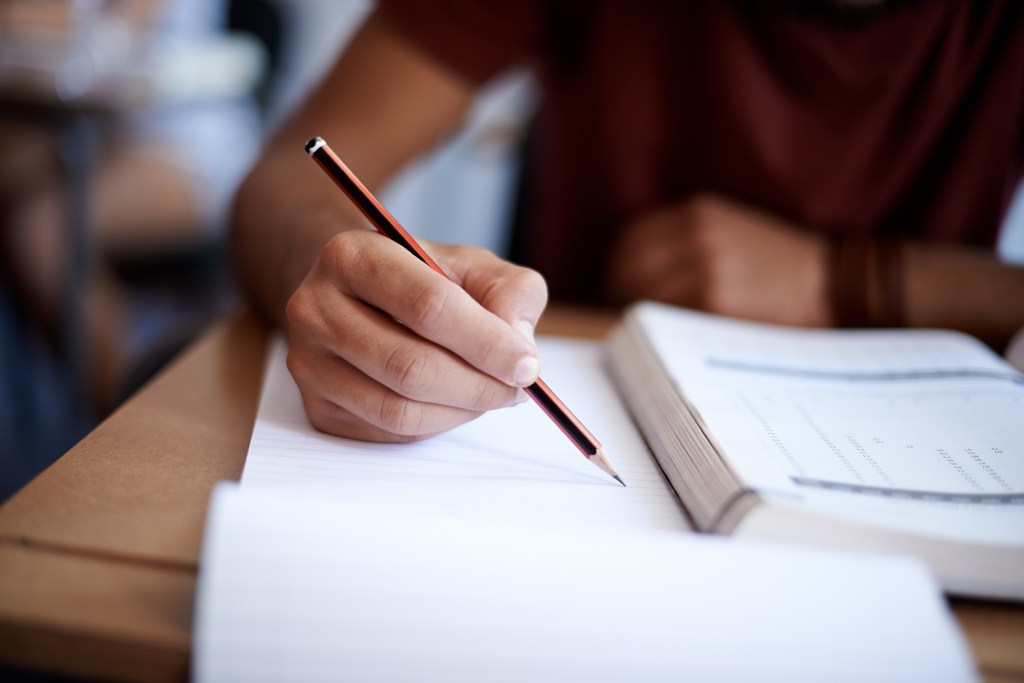
-
Breyer offers advice on being on losing side
In his first Harvard event since retiring from the Supreme Court in June, former Associate Justice Stephen Breyer spoke to first-year students at Harvard Law School on Friday about his experiences on the bench and what he learned working for Sen. Ted Kennedy.
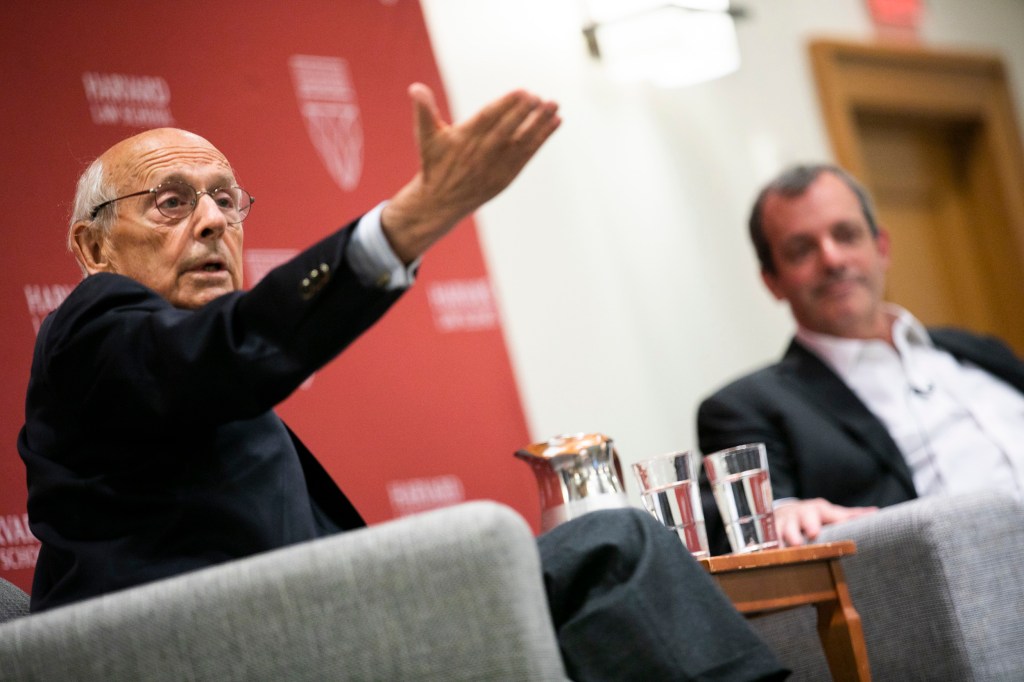
-
Setting record straight on Queen Elizabeth II
The death of Queen Elizabeth II presents the perfect opportunity to set the record straight and perhaps embark on long-overdue changes, said Maya Jasanoff, X.D. and Nancy Yang Professor and Coolidge Professor of History.
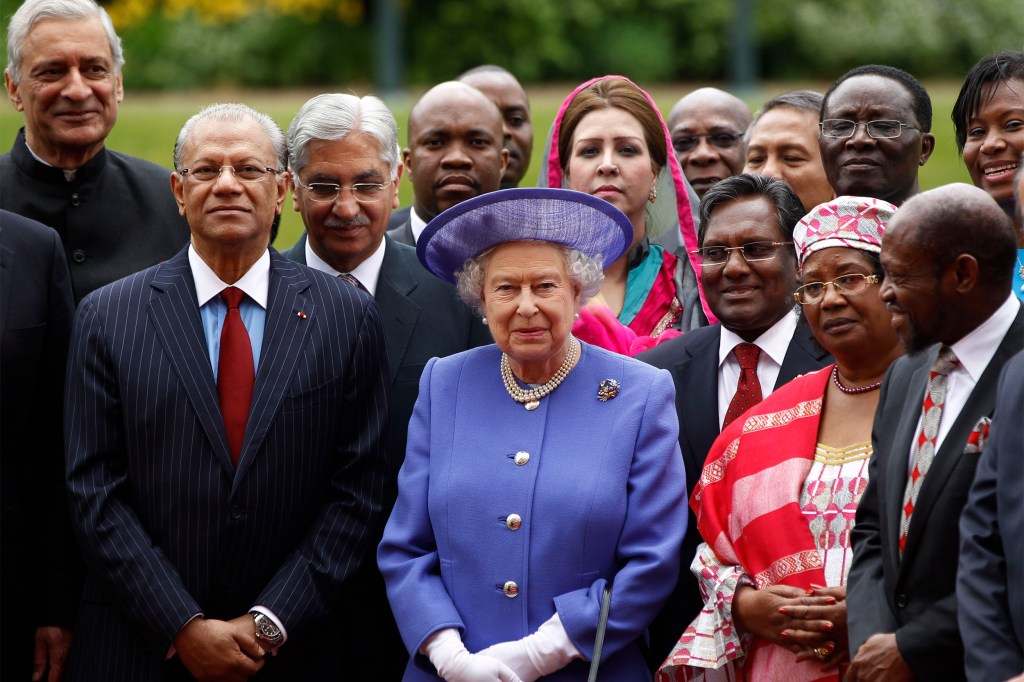
-
California dreaming? Nope.
California’s move to ban gas-powered car sales will have ripple effects visible along highways and in neighborhoods where people sleep, and cars charge.

-
How ‘cult of grit’ masks myths about U.S. society
Emi Nietfeld ’15 talks about her memoir “Acceptance,” a powerful account of her journey from foster care and homelessness to Harvard.
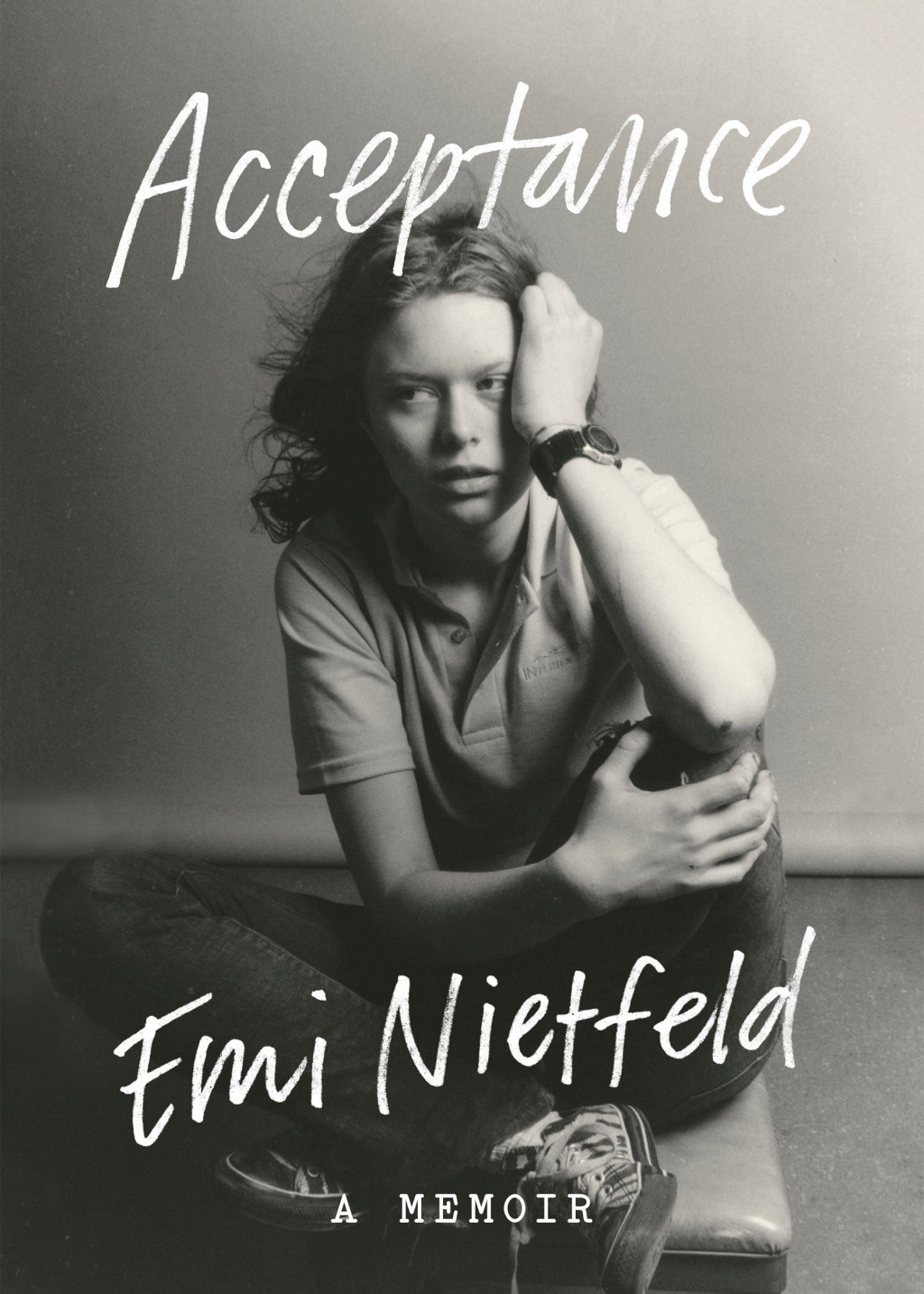
-
How did Biden go from zero to hero in public arena so quickly?
Kennedy School’s Thomas Patterson on the political press’s sudden change of heart on Biden.

-
Has the T hit bottom?
Kennedy School expert assesses MBTA’s historic shutdown and explains why so many major cities grapple with never-ending public transit woes.

-
Neighborhoods as engines for social, economic mobility
Neighborhood groups come to HGSE with children from disadvantaged communities in mind.
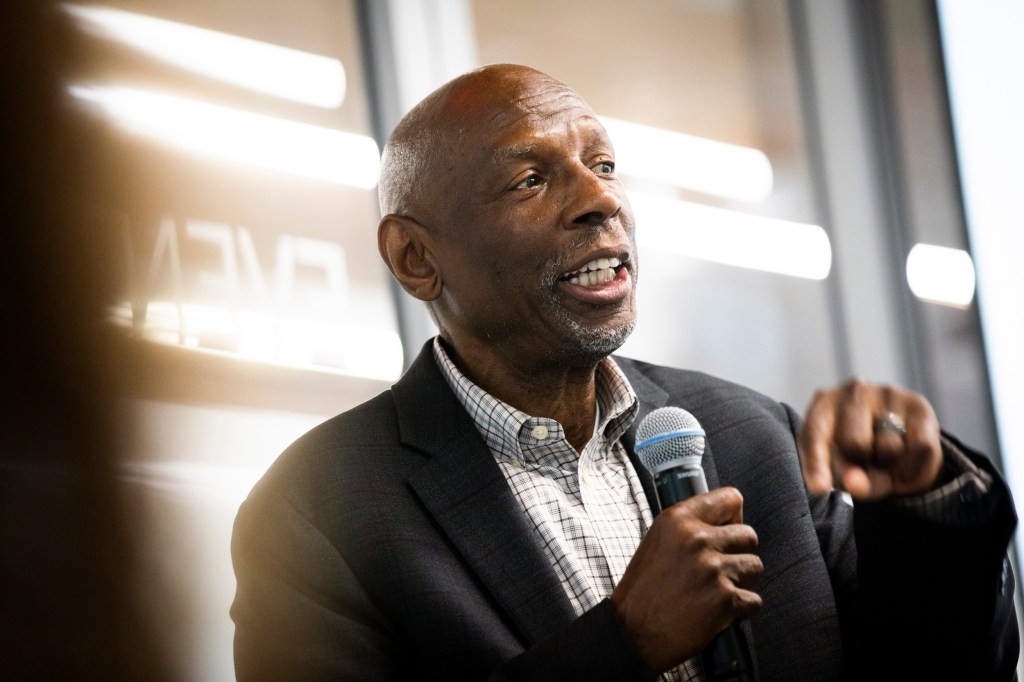
-
How to liberate African art
In a Harvard Center for African Studies workshop, scholar Ciraj Rassool urges fuller reckoning with colonial legacies.
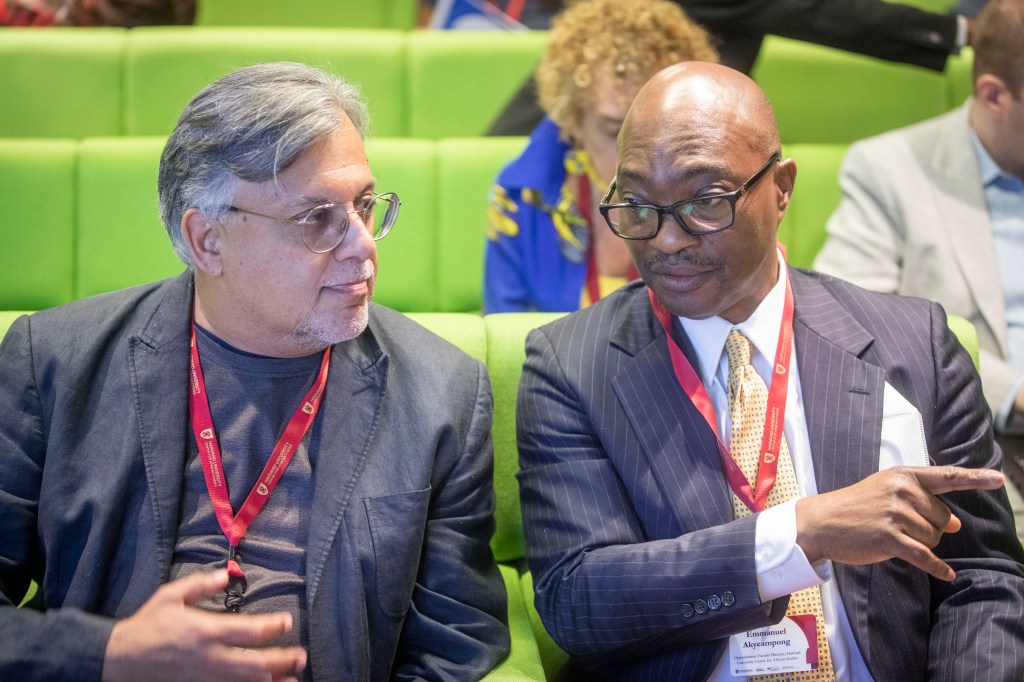
-
‘Life of the mother’ is suddenly vulnerable
Harvard Law faculty address the legal questions that almost certainly will be up for debate in a post-Dobbs world.
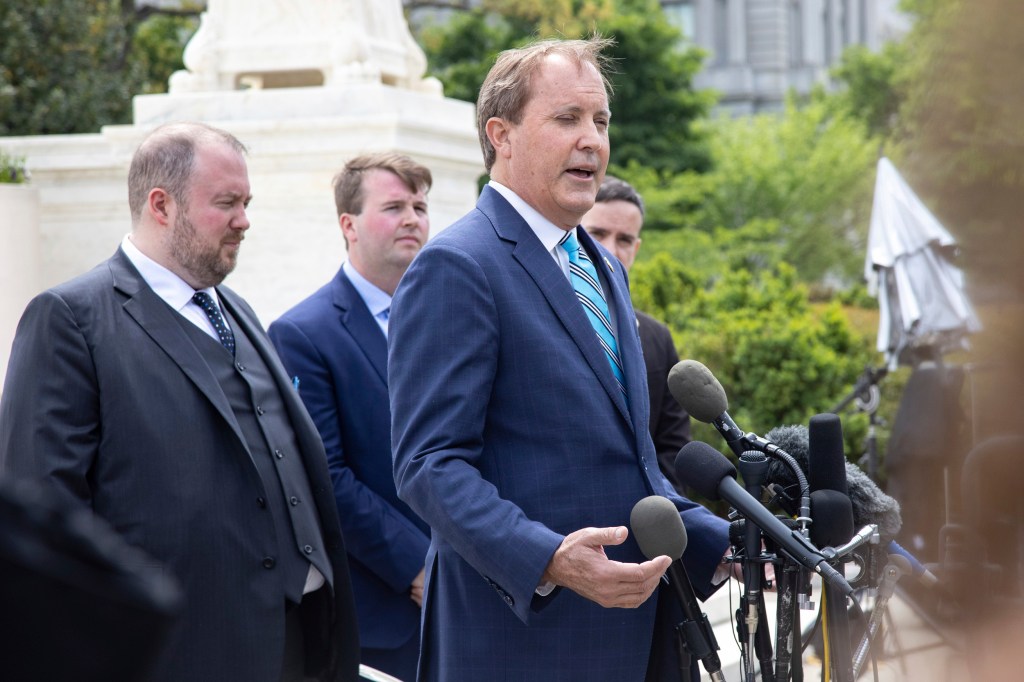
-
Were Jan. 6 attackers extremists? Protesters? Patriots?
How race, gun ownership, and feelings about Black Lives Matter shape Americans’ views of the Jan. 6 Capitol attack.
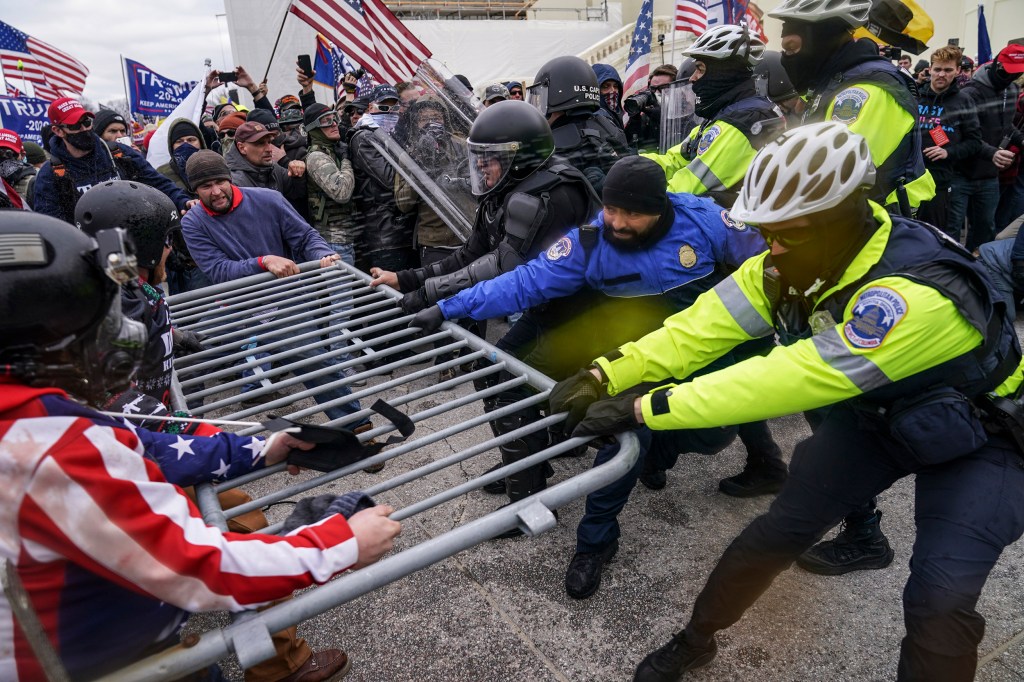
-
Should Trump be charged in Capitol attack?
Harvard Kennedy School political historian Alexander Keyssar discusses revelations about former President Trump and his top White House aides at this week’s Jan. 6 hearing.
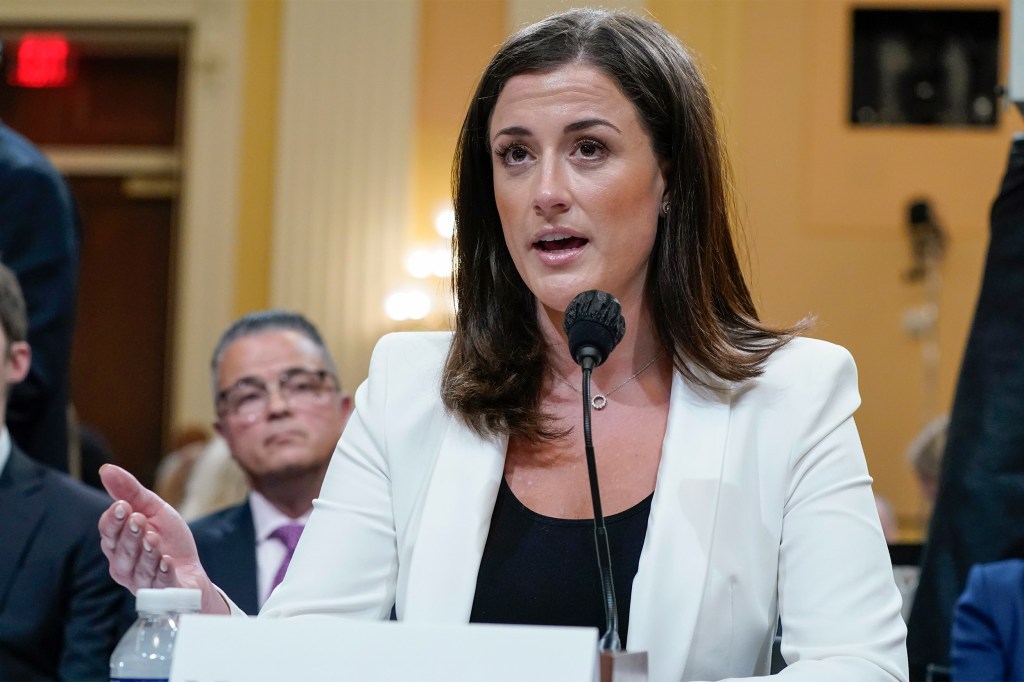
-
‘Shadow pandemic’ of domestic violence
Marianna Yang, a clinical instructor at the Family and Domestic Violence Law Clinic at WilmerHale Legal Services Center of Harvard Law School, discusses the rise of domestic violence during the pandemic.
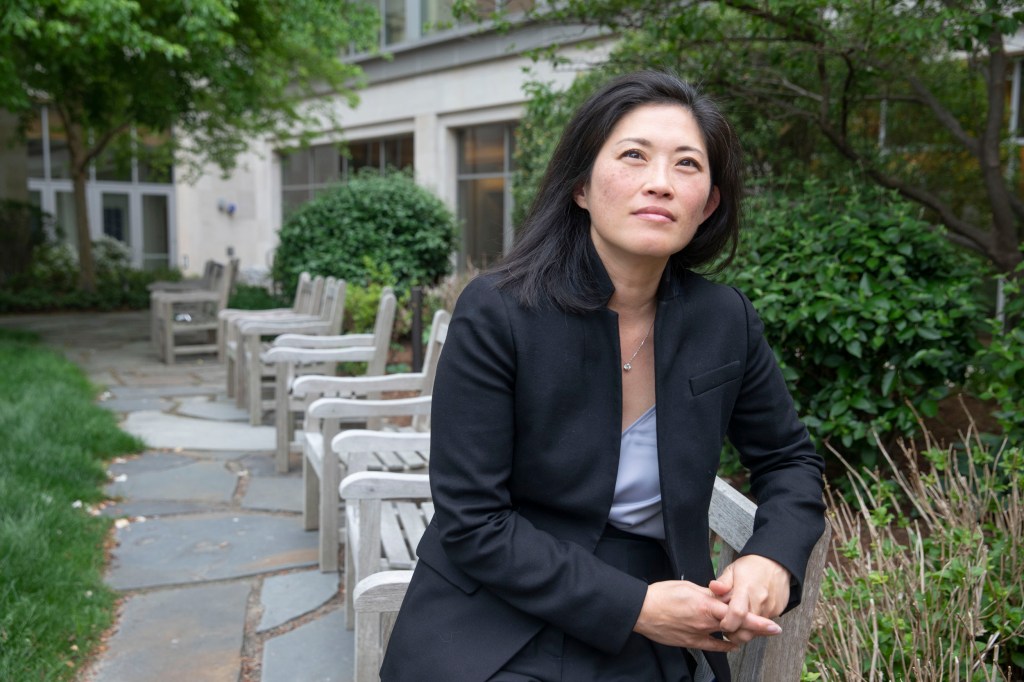
-
How Roe got to be Roe
Schlesinger Library holdings document long, pitched dispute over abortion in archival documents, photos, letters, voices of women.
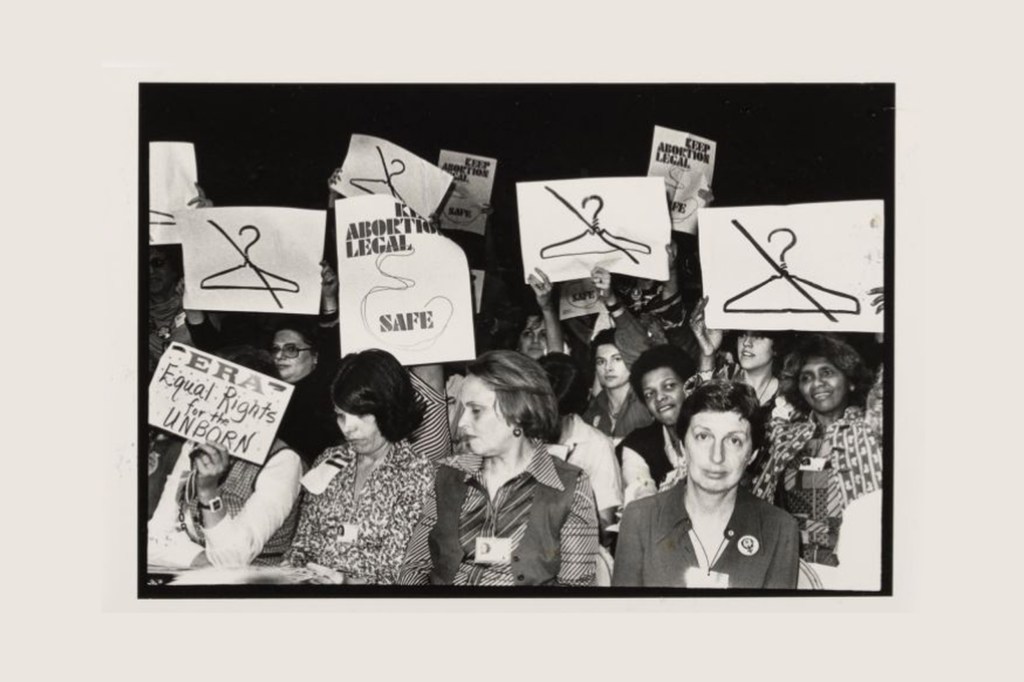
-
Clarence Thomas isn’t kidding
Legal scholar Mary Ziegler sees “selective” history in SCOTUS ruling overturning Roe v. Wade and signs that other landmark protections are in jeopardy.
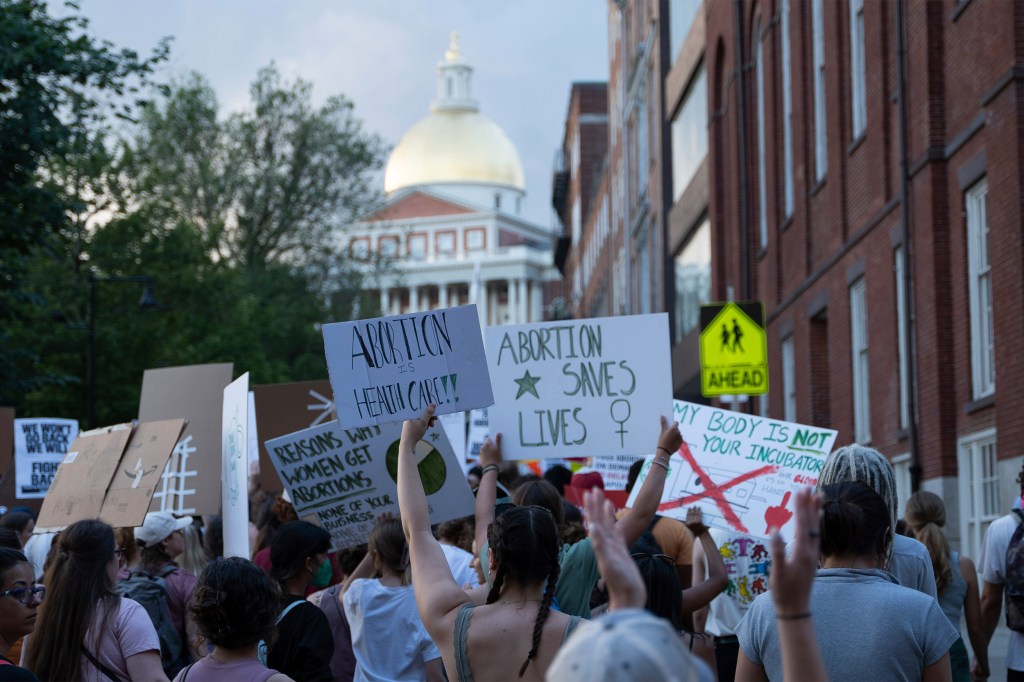
-
Memories of air-raid sirens, bombed-out tanks near Kyiv
Ukrainian physicians from Mass. General and Brigham & Women’s are leveraging what they see as their most effective asset — knowledge — to help those back home.
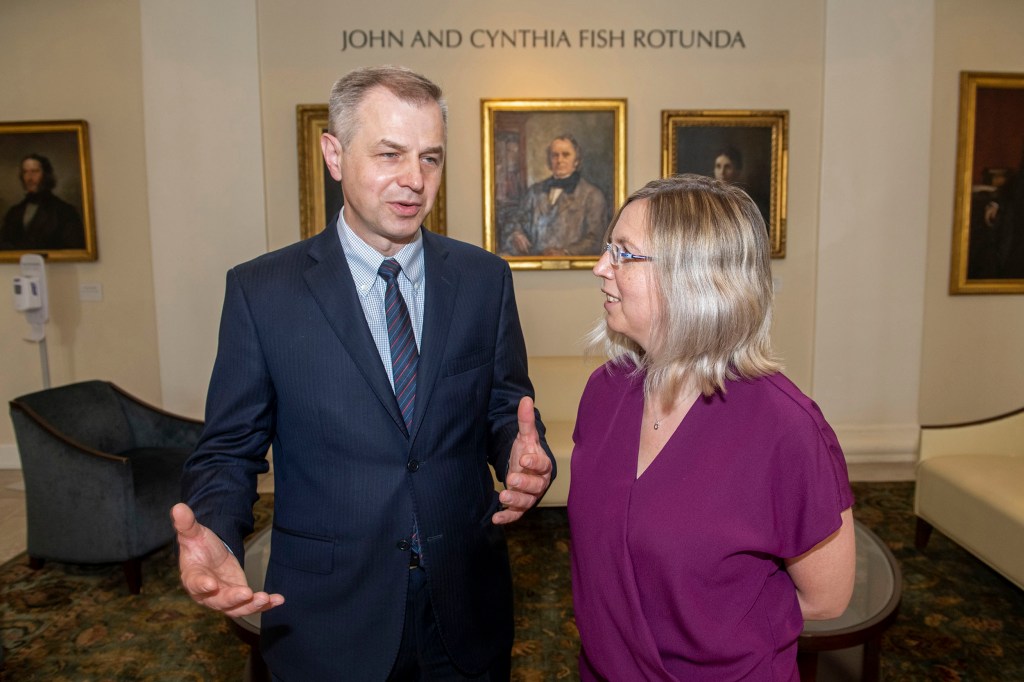
-
How Title IX transformed colleges, universities over past 50 years
It upended intercollegiate sports but also forced shifts in hiring, promotion, admissions, reckoning on sexual harassment, assault.
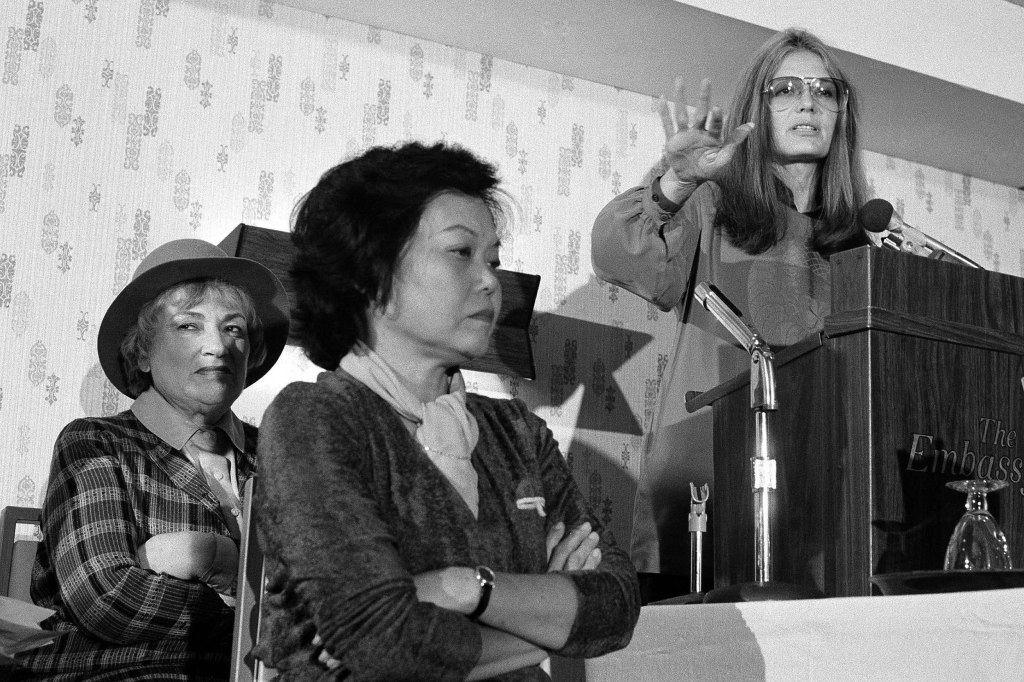
-
A model for nation in family celebrations of Juneteenth
Historian and legal scholar Annette Gordon-Reed discusses how Texans celebrate our newest national holiday, Juneteenth.
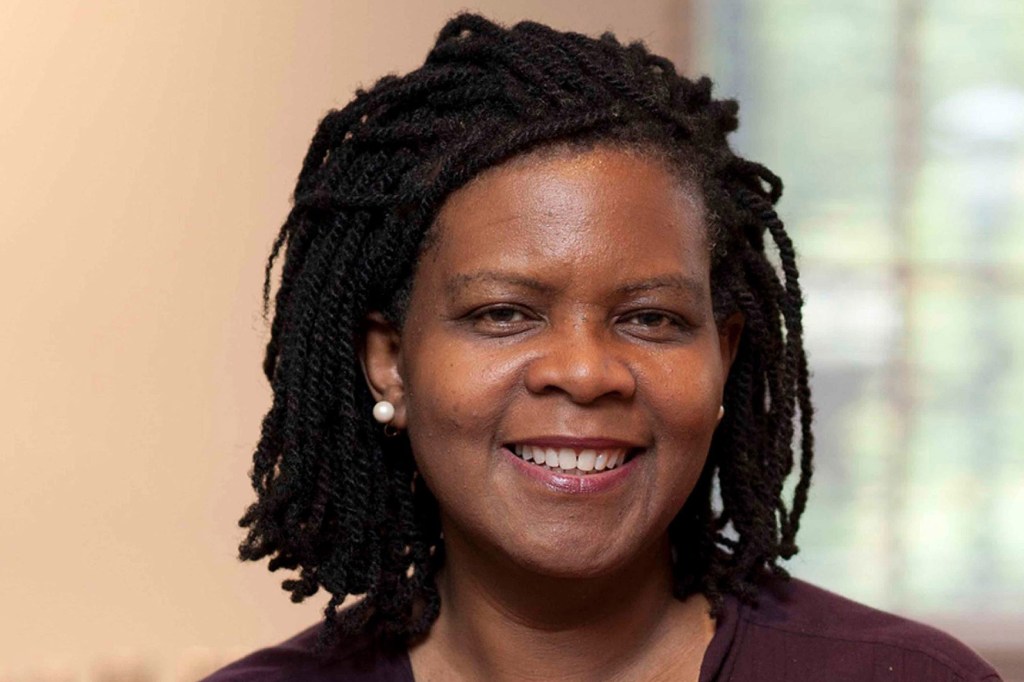
-
Is there anything to learn about Watergate? New history says yes
Historian and journalist Garrett Graff ’03 explains why the Watergate break-in wasn’t the true beginning of Watergate.
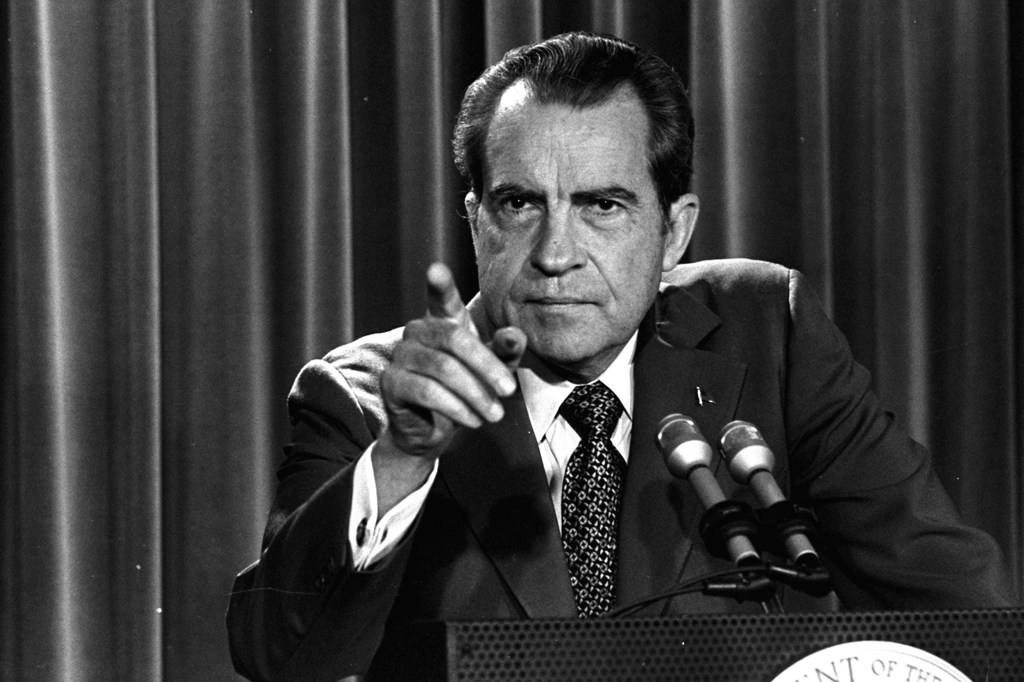
-
Watergate through a Harvard lens
Many important players in the Watergate saga had Harvard connections.
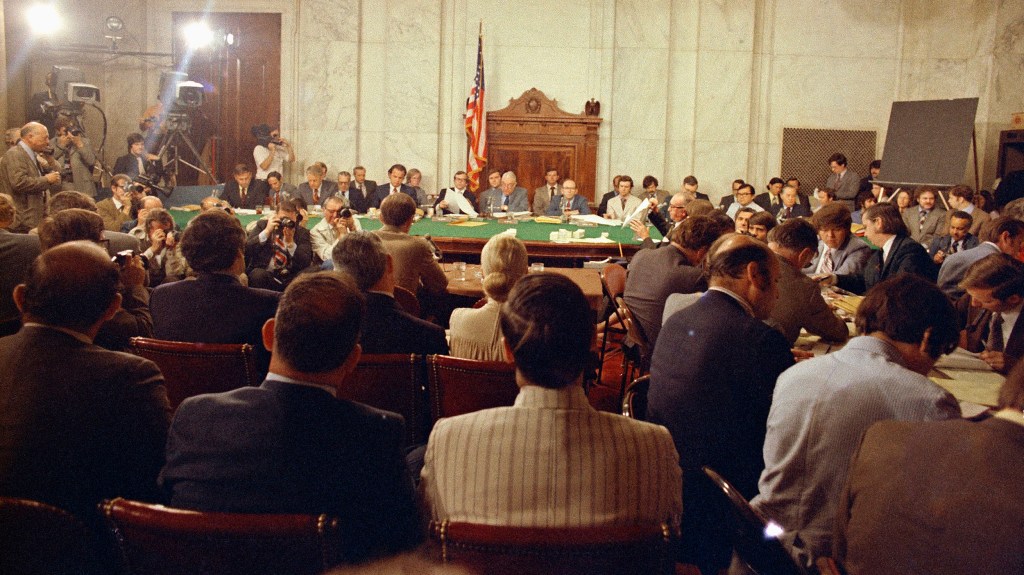
-
Mass shootings reignite youth gun control push
Parkland survivor Jaclyn Corin ’23 says her March for Our Lives group demands federal curbs at June 11 protests in D.C., hundreds of cities, towns.
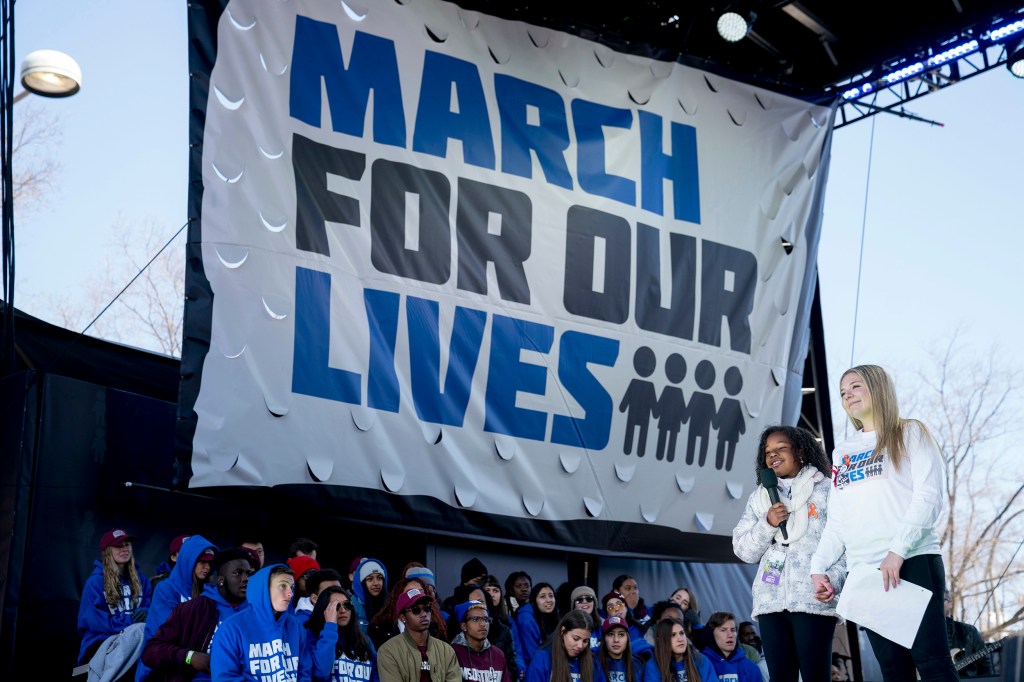
-
Some light in distance for major curbs to gun violence
A Harvard public health expert in gun safety thinks the U.S. will eventually become safer from gun-related violence, but he also sees a long, difficult road to get there.
